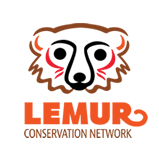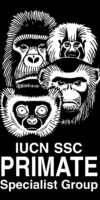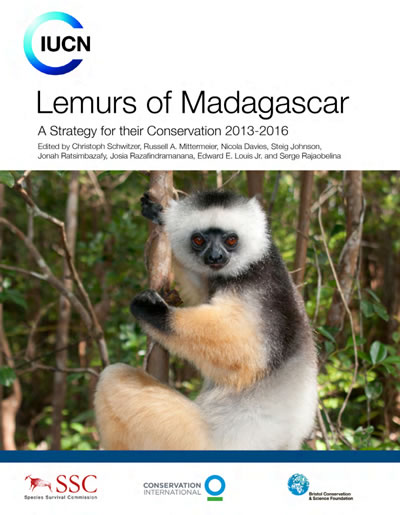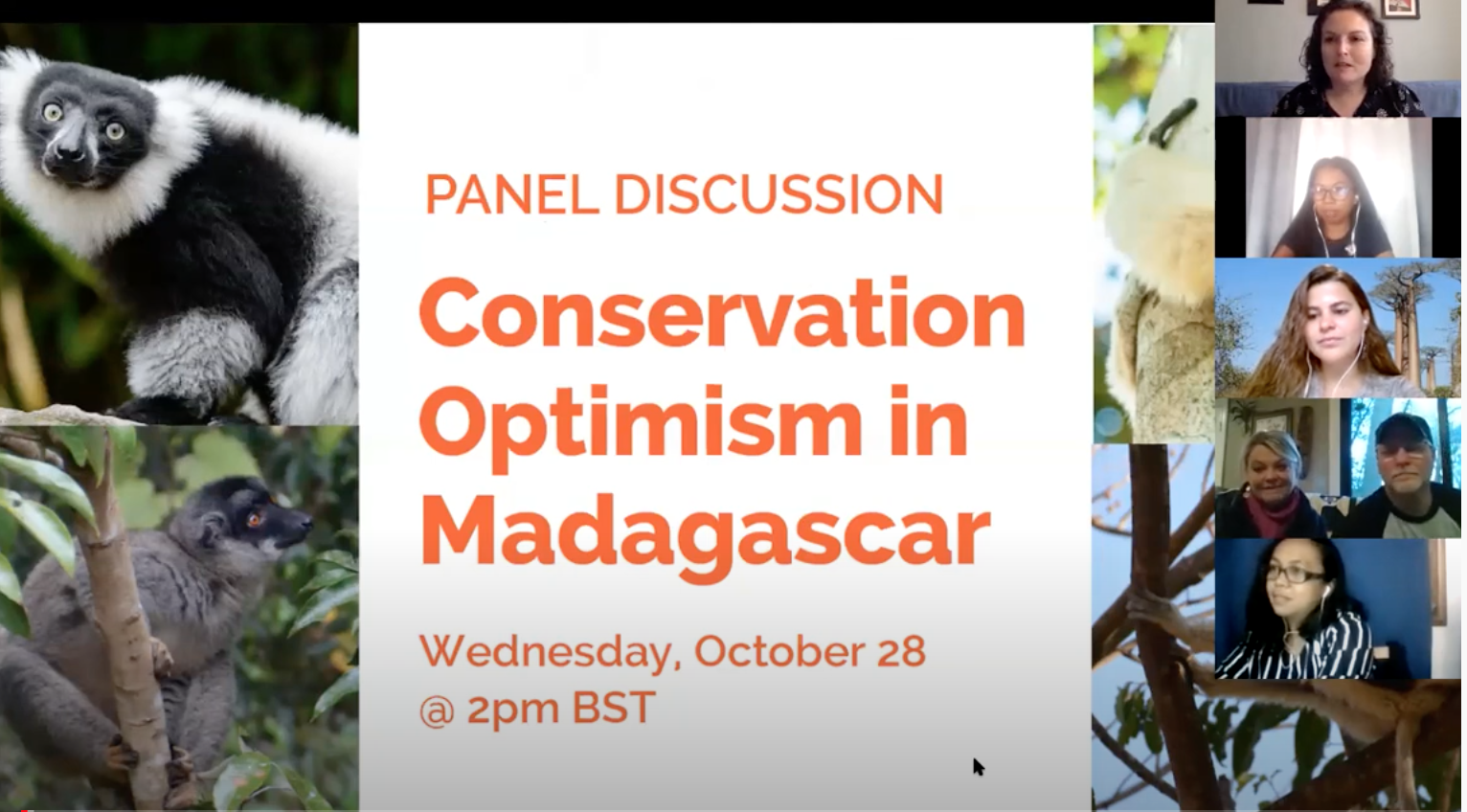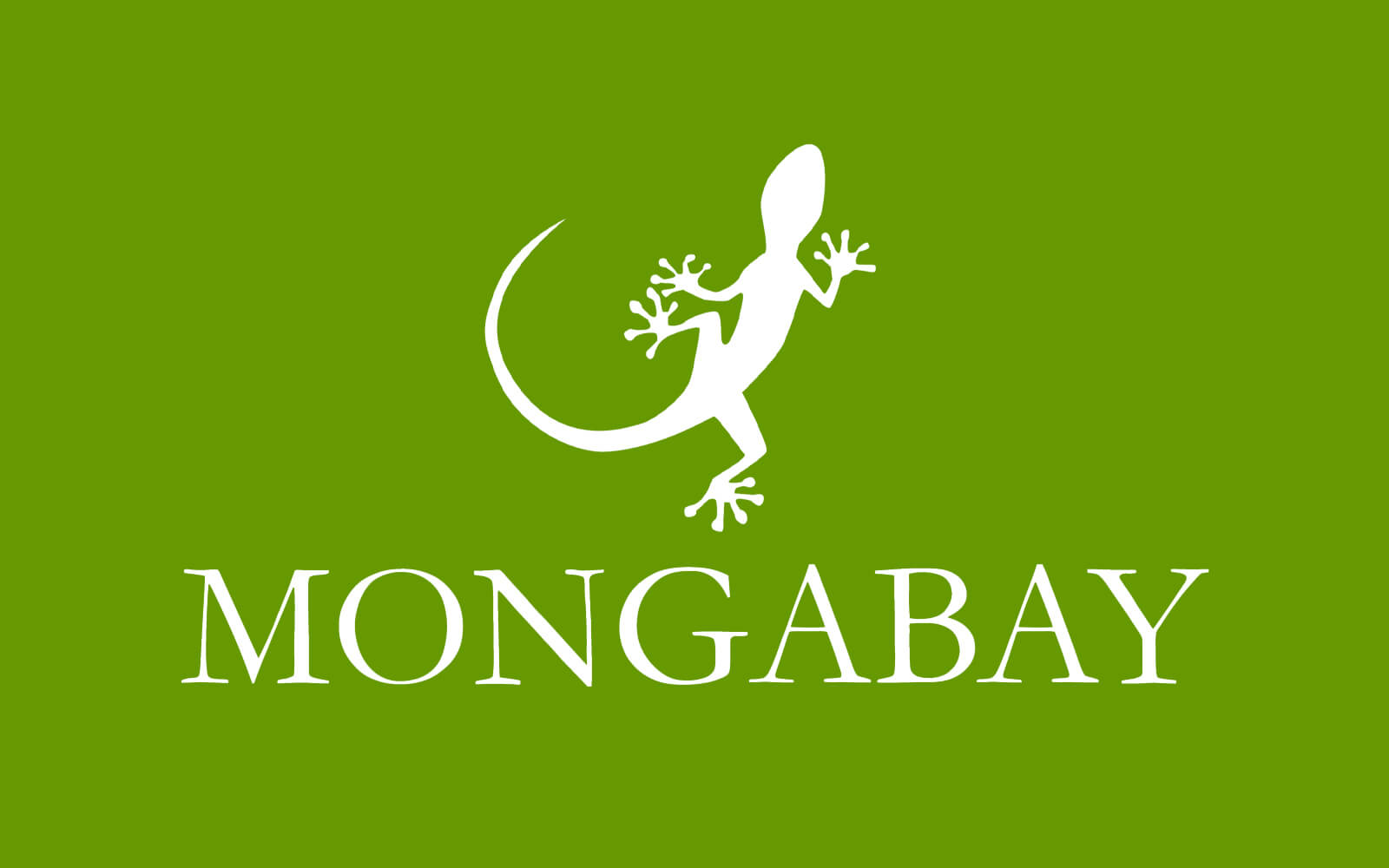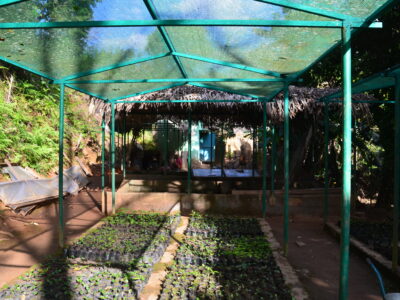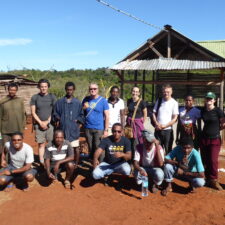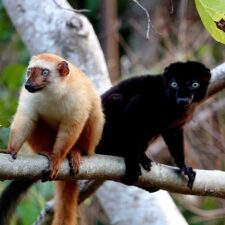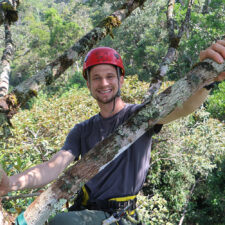Professional Resources for Research and Conservation
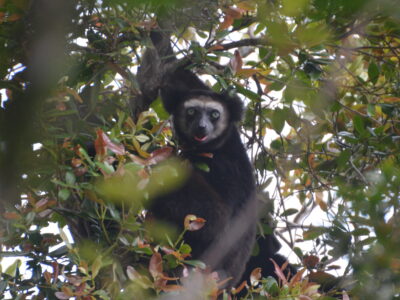
Scientists, conservationists, and other professionals must all work together to save lemurs from extinction.
It is key for the the lemur conservation community to collaborate with each other and share knowledge and experiences. These professional resources can help further your research and build connections for collaboration.
IUCN GROUPS AND RESOURCES
IUCN Species Survival Commission Primate Specialist Group
The IUCN Primate Specialist Group is a network of scientists and conservationists who promote research on the ecology and conservation of hundreds of primate species. The Madagascar Section focuses on lemurs.
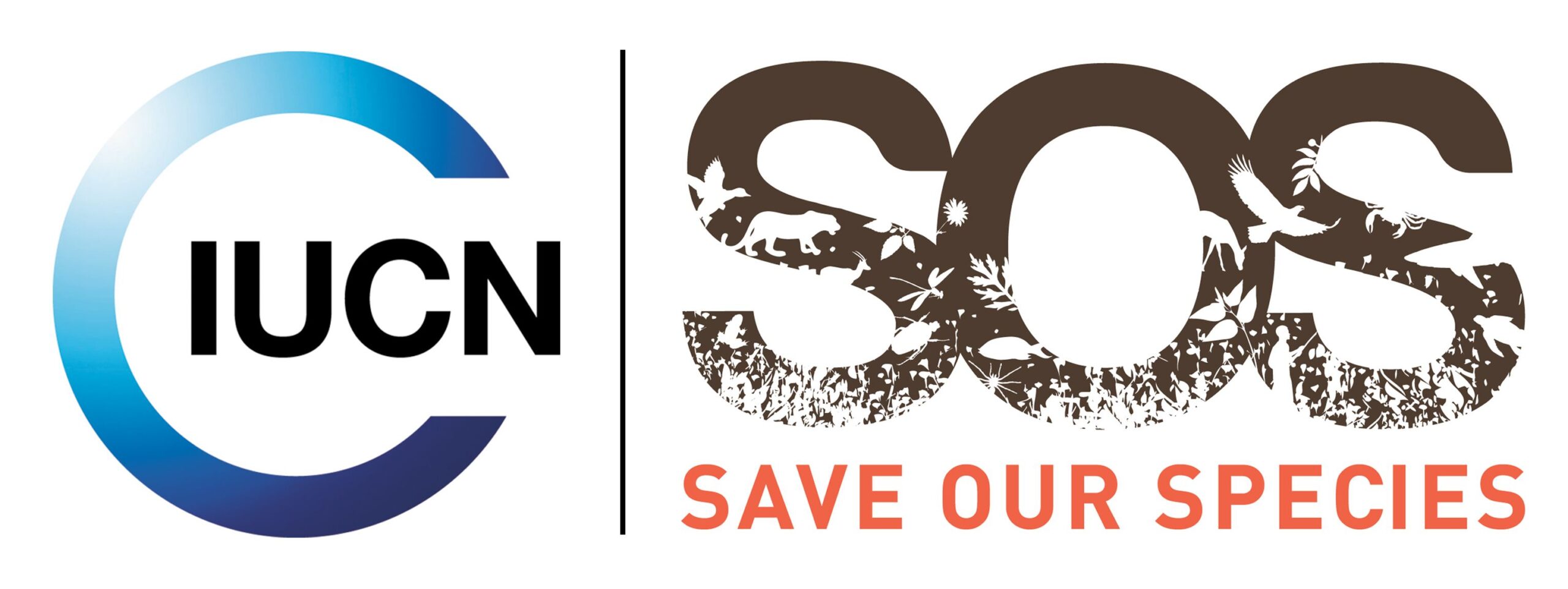

IUCN Red List of Threatened Species
The IUCN Red List of Threatened Species assesses the conservation status of species, subspecies, varieties, and subpopulations. It highlights species threatened with extinction, and promotes their conservation. Use their search tool to find information on lemurs and their endangered status.

Primate Watching and Life Listing
Bird-watching is a multi-million dollar industry. The IUCN/SSC Primate Specialist Group hopes to make primate watching and life-listing the next big phenomenon in wildlife tourism. Visit the website to read guidelines and ethical considerations for primate watching and life-listing.
KEY JOURNALS AND REPORTS
Lemurs of Madagascar: A Strategy for their Conservation 2013–2016
The lemur action plan was published on February 21, 2014 in the journal Science. This important document was created at the Lemur Red-listing and Conservation Planning Workshop organized by the IUCN/SSC Primate Specialist Group in July 2012, the first in a series of workshops to re-assess all mammals for the IUCN Red List. The workshop took place in Antananarivo, Madagascar, and was attended by more than 60 lemur experts, about 40 of whom were from Madagascar.
Lemur News
Lemur News is the annual newsletter of the Madagascar section of the IUCN SSC Primate Specialists Group. It publishes research dealing with lemurs and their habitat, provides a forum for exchange of information about lemur biology and conservation, and alerts people to threats facing lemurs.
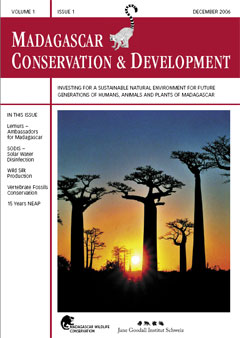
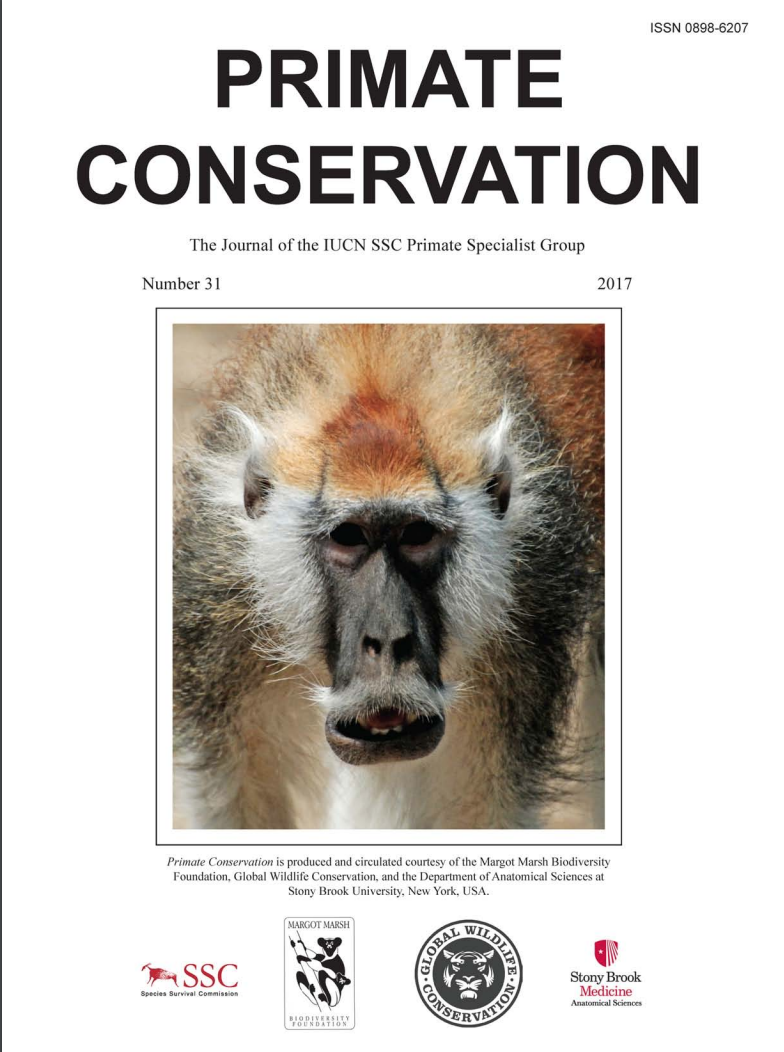
Primate Conservation
Primate Conservation is a journal of the IUCN Primate Specialist Group. It publishes conservation research on primate species — in particular status surveys and studies on distribution. Primate Conservation is also an ideal forum for longer articles, and has the flexibility to publish a variety of supporting materials such as color illustrations.
WEBSITES FOR RESEARCH AND COLLABORATION


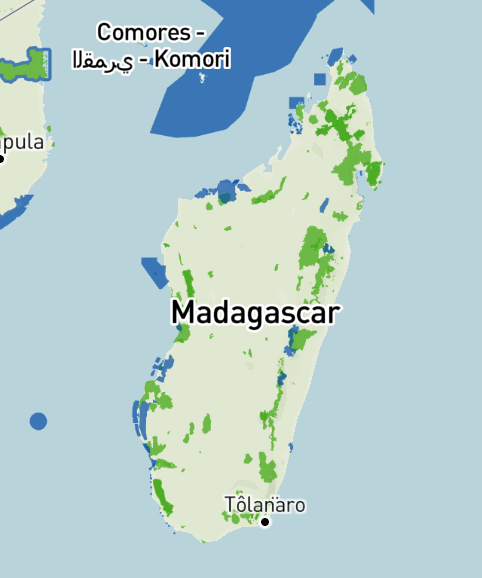
Protected Planet
Protected Planet is the authoritative source of data on protected areas and other effective area-based conservation measures (OECMs). It exists due to the extensive efforts of governments and other stakeholders to map, monitor and report data on protected areas and OECMs. Explore the World Database on Protected Areas (WDPA), World Database on OECMs, Global Database on Protected Area Management Effectiveness (GD-PAME), and a wealth of associated information.
Mongabay’s Conservation in Madagascar Series
This series of articles from Mongabay investigates the effectiveness of past conservation spending in Madagascar, examining the factors that contribute to or hinder success, with the aim of informing future investments.
FEATURED BLOG POSTS
Conservation Leaders
- Leading Conservation with Pascal Rabeson of Centre ValBio
- Interview with Christoph Schwitzer: Part 1
- On the Ground in Madagascar with Sylviane Volampeno
- Leading Conservation with Charlie Welch from the Duke Lemur Center
- Leading Conservation with Daniella Rabino
- On the Ground in Madagascar with Lisa Gould
- Local Reserves in SAVA: Visiting Desiré Rabary’s Antanetiambo Reserve
